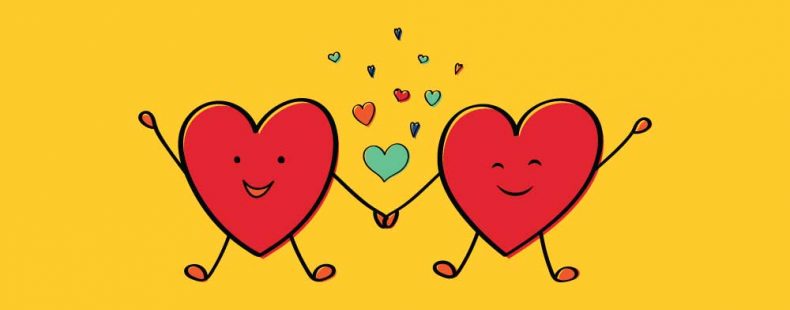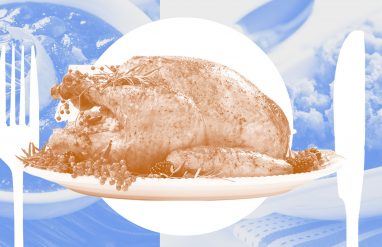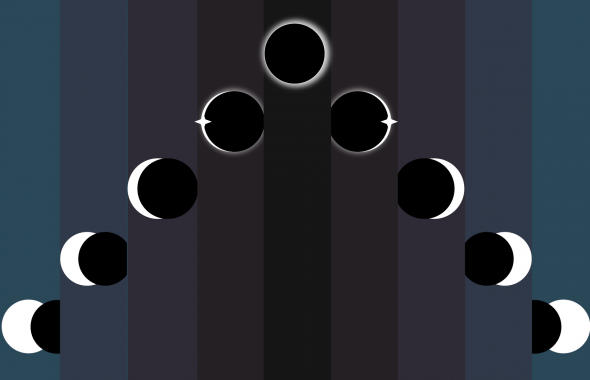Love is as old as time, and through the years, countless people have tried to put this profound passion into words.
Some words to describe feelings of love and the object of one’s affection have survived for centuries, such as cherish and adore. Others have popped up in recent years, like bae (yup, it’s actually in the dictionary) and boo (it’s in there too, as slang for one’s boyfriend or girlfriend, possibly stemming from the French word beau—ooh la la). It’s those that have fallen out of use, however, that may provide a special hint of old-time romanticism.
As Valentine’s Day rolls near, let’s take a look at some old and even archaic words for love and relationships that just may make your professions of love a little more unique this year.
























